
This book explores the application of service design to urban commons, focusing on the Reggio Emilia Ducal Palace in Italy.

Paying individual people for their health data will widen inequalities and reduce altruism, luring people to sell their privacy. Health data should instead be treated as collective property, and commercial profits should be shared with the public.
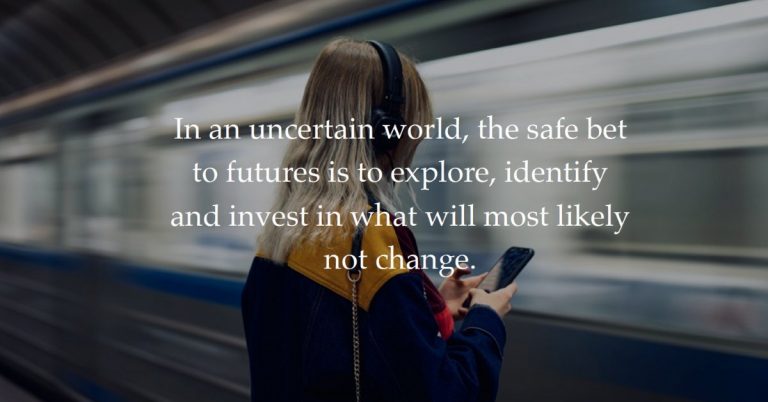
In an uncertain world, the safe bet to futures is to explore, identify and invest in what will most likely not change.

Julia Tan and Carolina Aldas of Spotify provide some recommendations on how user research and Engineering can improve their collaboration during the Discovery Phase to come up with more feasible product solutions.
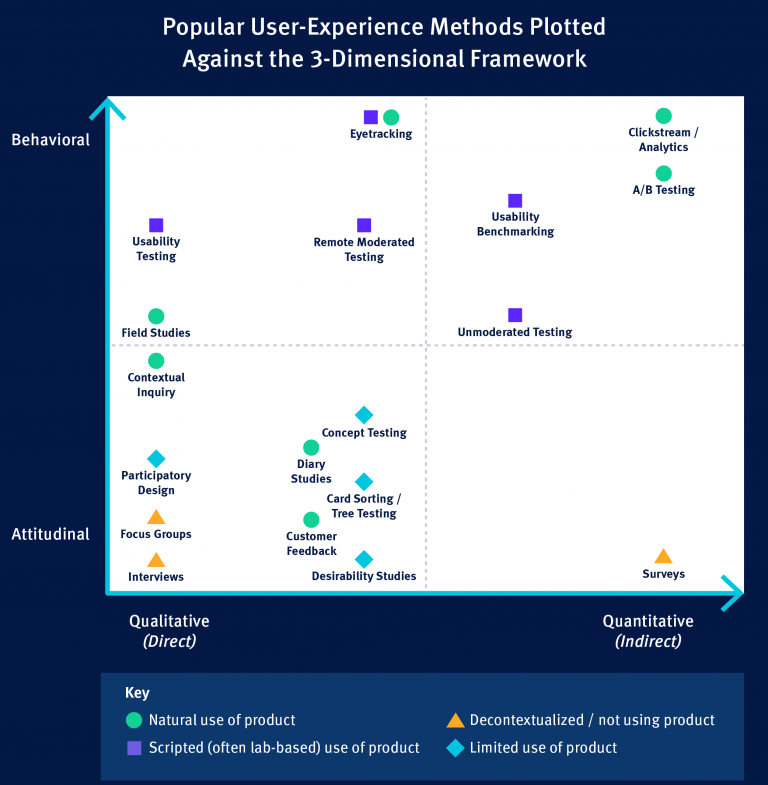
Modern day UX research methods answer a wide range of questions. To help you know when to use which user research method, each of 20 methods is mapped across 3 dimensions and over time within a typical product-development process.

“There is nothing shocking or radical about ending an economic practice that has too many negative externalities. We have banned certain kinds of economic activity in the past because of them being too toxic for society. ”
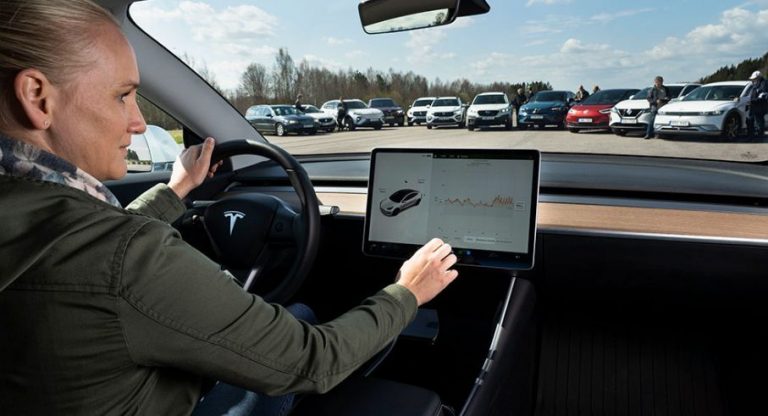
Physical buttons are increasingly rare in modern cars. Most manufacturers are switching to touchscreens – which perform far worse in a test carried out by Swedish car magazine Vi Bilägare.

A touchless UI has an edge over devices that require touch interactions because decreasing physical contact is helpful in diverse contexts—from food-processing plants to an airport’s self-service registration kiosks.
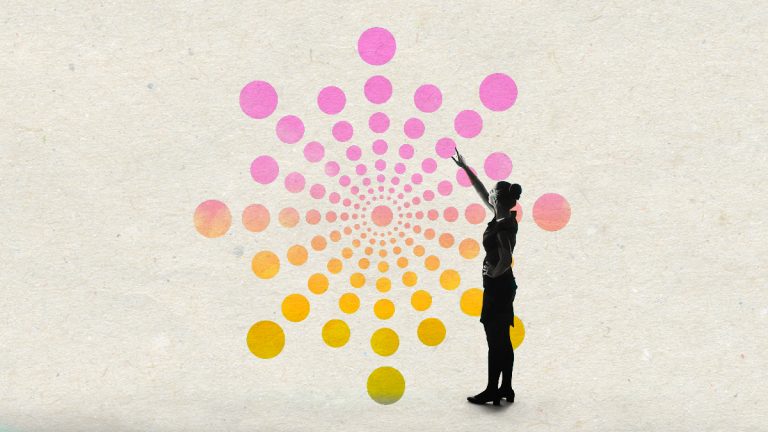
By force of habit, most executives tune down their imagination when strategizing. This is counterproductive, the authors argue. Instead, they offer an alternative: Design fiction. A design technique that immerses executives and employees deeply in various possible futures, it uses artifacts such as short movies, fictitious newspaper articles and imaginary commercials to generate transformation roadmaps.

How can freedom and democracy survive in a world of powerful digital technologies?

How we describe the metaverse makes a difference – today’s words could shape tomorrow’s reality and who benefits from it

A report by researchers at New York University warns that biometric and other digital ID systems that are increasingly linked to large-scale human rights violations, especially in the Global South.

The first book to take an interdisciplinary and international approach to understanding how our everyday lives are being affected by automated decision-making.

Emerging Technologies / Life at the Edge of the Future invites us to think forward from our present moment of planetary, public and everyday crisis, through the prism of emerging technologies.

This book advances the practice and theory of design ethnography. It presents a methodologically adventurous and conceptually robust approach to interventional and ethical research design, practice and engagement.
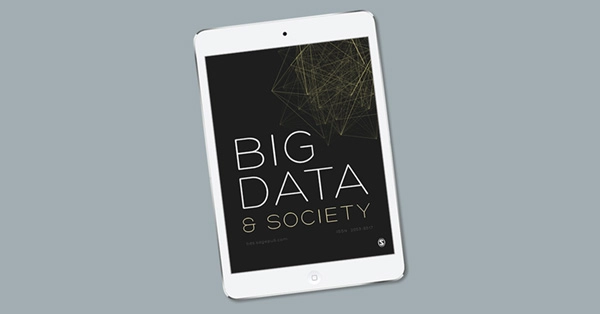
Bringing together a motley crew of social scientists and data scientists, the aim of this special theme issue of Big Data & Society is to explore what an integration or even fusion between anthropology and data science might look like.

“All research is qualitative; some is also quantitative”
Harvard Social Scientist and Statistician Gary King

In the three years since the last Global Happiness and Well-Being Policy Report, governments have faced a cascade of challenges to the well-being of their populations.
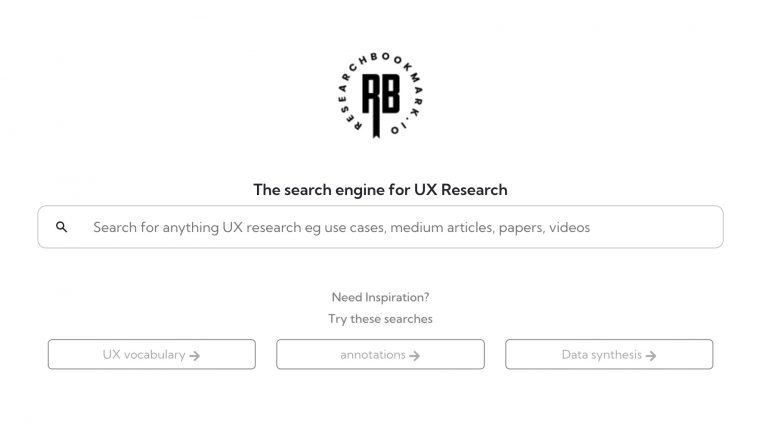
The people behind Research Bookmark, a vast online collection of UX research resources, have - after months of researching and experimenting - released a search engine built just for UX Researchers.
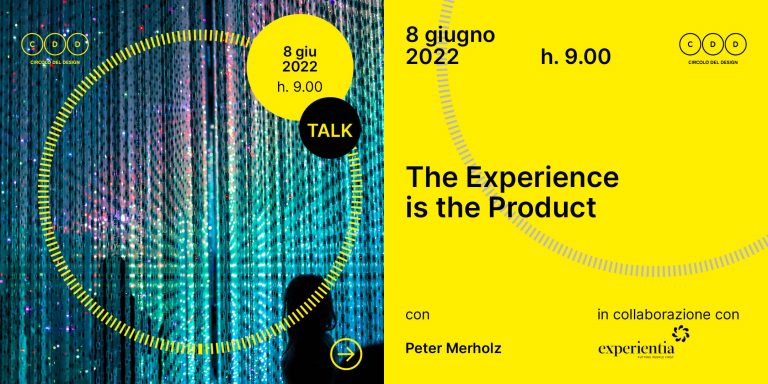
Peter Merholz will be speaking in Torino (Turin, Italy) on Wednesday 8 June. The 9am morning talk will take place in the courtyard of the Circle of Design.
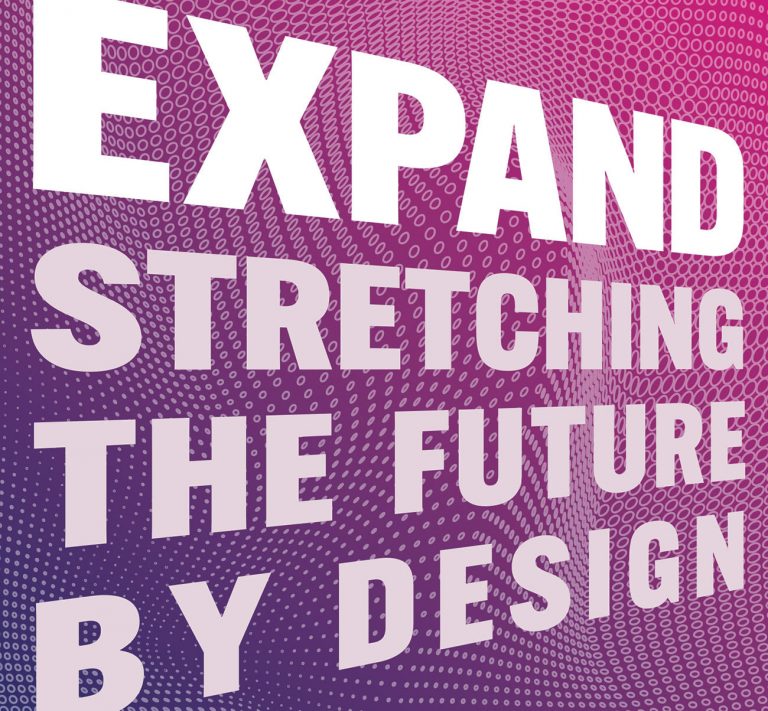
From transforming the ways we do business and reimagining health care, to creating planet-restoring housing and humanizing our digital lives in an age of AI, Expand explores how expansive thinking across six key areas—time, proximity, value, life, dimensions, and sectors—can provide radical, useful solutions to a whole host of current problems around the globe.

How to use systems thinking to drive improved outcomes in complex situations.
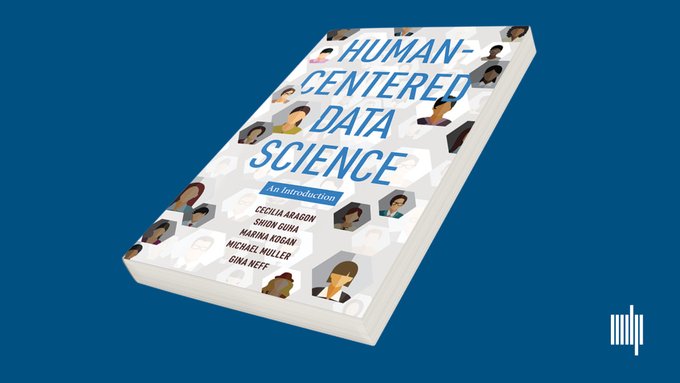
Best practices for addressing the bias and inequality that may result from the automated collection, analysis, and distribution of large datasets.

The definitive introduction to the behavioral insights approach, which applies evidence about human behavior to practical problems.

Many behavioral scientists propose and test interventions that attack policy problems by seeking to change individual behavior (adopting an “i-frame”) rather than the system in which they operate (an “s-frame”). Such i-frame interventions, which typically have small or null effects, reduce support from more effective systemic actions (such as regulation and taxation). For this reason, researchers advocating i-frame solutions may have unwittingly helped promote the interests of corporations who oppose systemic change.
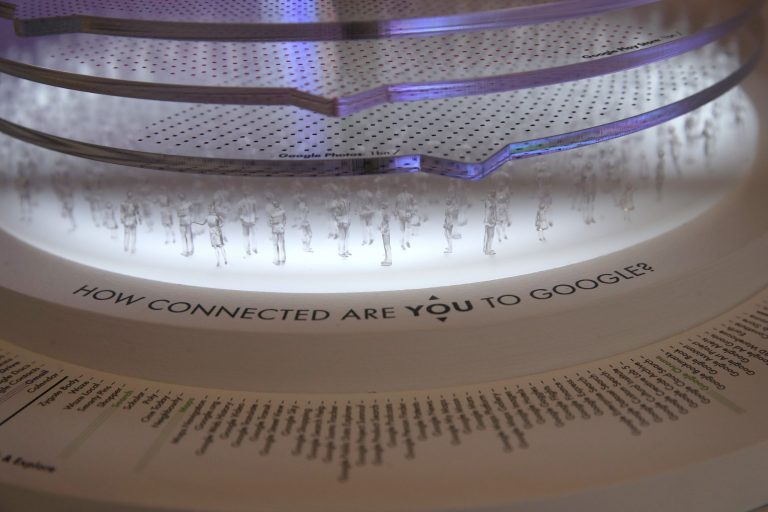
It’s easy to assume that because some data is “personal”, protecting it is a private matter. But privacy is both a personal and a collective affair, because data is rarely used on an individual basis, writes Carissa Véliz in the New Statesman.

One of the key success factors of Regulatory Technology ("RegTech") is a commitment to radical user-centricity, according to a new white paper by the World Economic Forum.

People believe that slow and deliberative thinking is inherently superior to fast and intuitive thinking. The truth is more complicated.

With 'obfuscation' or 'data poisoning,' they are redoubling their efforts to prevent companies from tracking them online, writes Aurélien Defer in Le Monde. But these time-consuming and sometimes very complex methods of resistance have not become widespread.
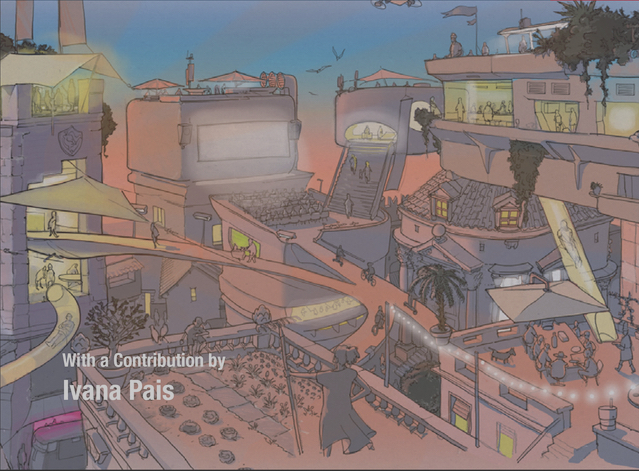
Ezio Manzini's ideas for the city that cares.
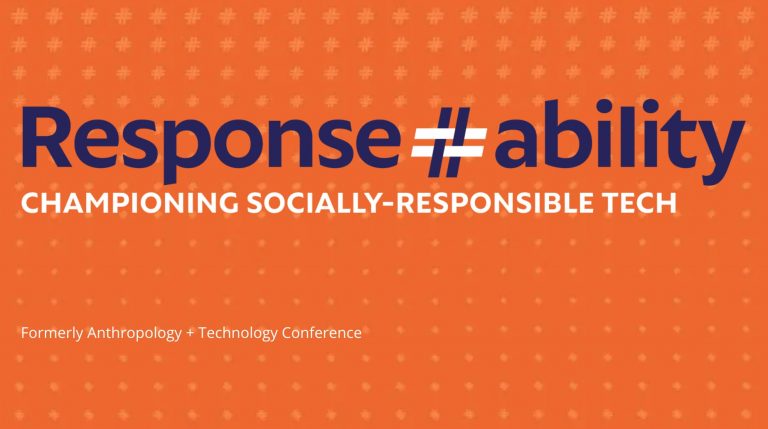
The Response-ability Summit, formerly known as the Anthropology + Technology Conference, is a unique two-day event that brings social scientists and technologists together to foster interdisciplinary conversations on the important topic of socially-responsible tech.

The latest IPCC report on the Mitigation of Climate Change has a lot of meat in it for those engaged in human-centered design, behavioral change strategies, and behavioral sciences.
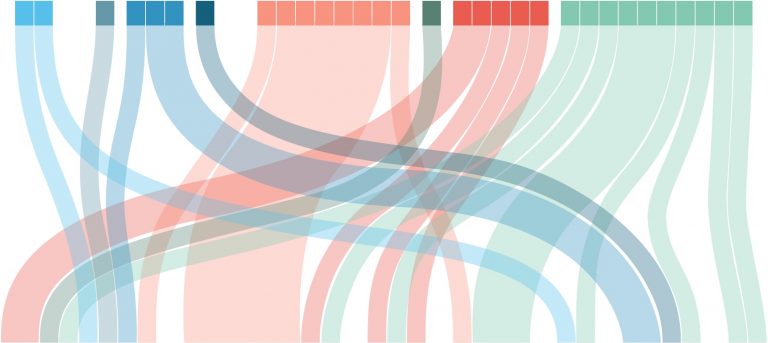
Experientia is looking for a Senior Business Development Manager with specific experience in either healthcare, energy, consumer goods, and/or the mobility industry, to drive business development in Italy.

Experientia is looking for an outstanding Senior Service Designer with specific experience in either healthcare, energy, circular economy and/or the mobility industry.
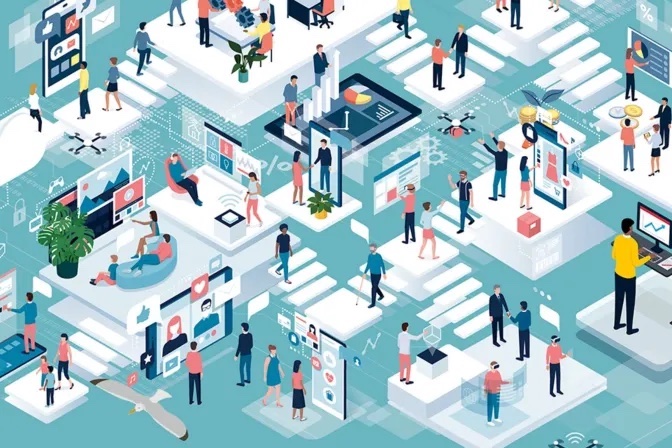
In Human-Centered AI, Professor Ben Shneiderman offers an optimistic realist's guide to how artificial intelligence can be used to augment and enhance humans' lives.
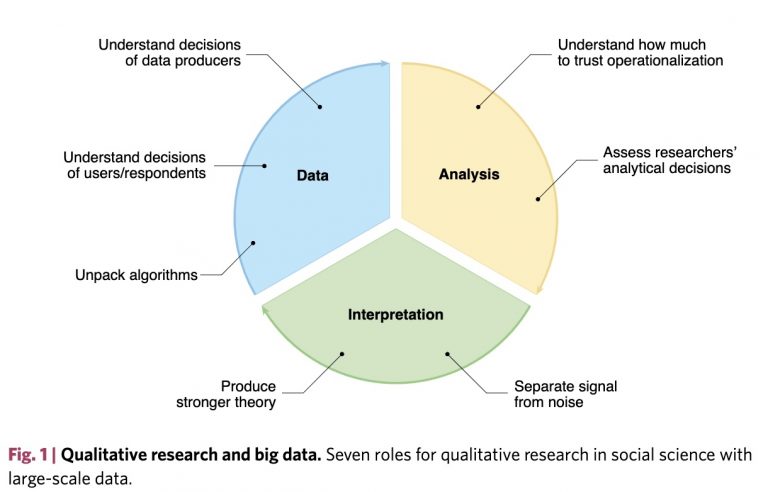
Although large-scale data are increasingly used to study human behaviour, researchers now recognize their limits for producing sound social science. Qualitative research can prevent some of these problems. Such methods can help to understand data quality, inform design and analysis decisions and guide interpretation of results.

Haptics devices probably won’t ever live up to their promise to replicate physical contact, writes David Parisi (associate professor, College of Charleston) in the online Real Life magazine.
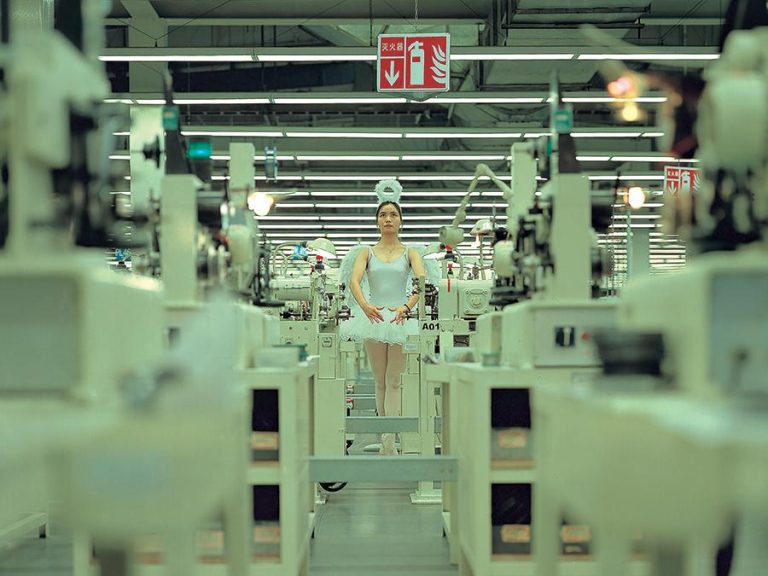
A vivid look at China’s shifting place in the global political economy of technology production by ethnographer Silvia M. Lindtner
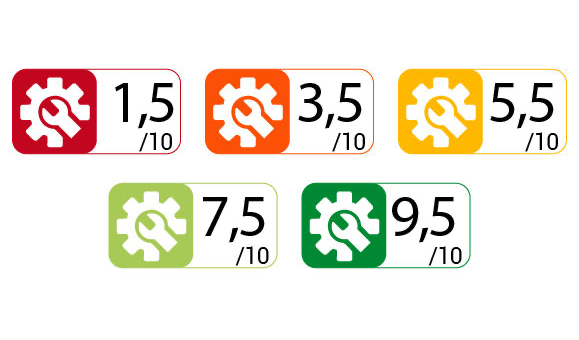
Analysis of the outcomes of the French repairability index, how it affects repairers and how consumers feel about it.

Behavioural changes which affect the way people use energy are an important part of the toolkit for reaching net zero emissions by 2050.







































